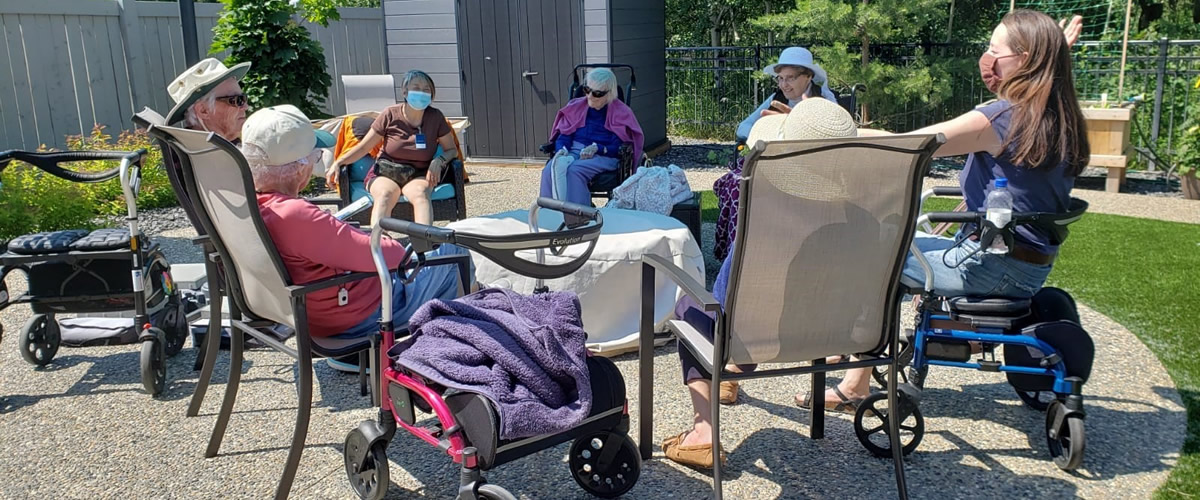Summer Weather
Summers in Alberta are a mixed bag of hot days, rainy days, and storms. So far this summer, we have had some lovely +25 C days but we have also had a lot of rain and some storms. However, like every summer, we can expect the temperatures to rise much higher.
After a long and cold winter, most of us appreciate the warmth of summer. But, with everything there is a risk in too much of a good thing and too much heat is not good for anyone.
What to watch for when the temperatures rise:
Heat syncope is a sudden dizziness that can happen when you are active in hot weather. If you take a heart medication called a beta blocker or are not used to hot weather, you are even more likely to feel faint. Rest in a cool place, put your legs up, and drink water to make the dizzy feeling go away.
Heat cramps are the painful tightening of muscles in your stomach, arms, or legs. Cramps can result from hard work or exercise. Though your body temperature and pulse usually stay normal during heat cramps, your skin may feel moist and cool. Find a way to cool your body down. Rest in the shade or in a cool building. Drink plenty of fluids, but not those with alcohol or caffeine.
Heat edema is a swelling in your ankles and feet when you get hot. Put your legs up to help reduce swelling. If that doesn’t work fairly quickly, check with your doctor.
Heat exhaustion is a warning that your body can no longer keep itself cool. You might feel thirsty, dizzy, weak, uncoordinated, and nauseated. You may sweat a lot. Your body temperature may stay normal, but your skin may feel cold and clammy. Some people with heat exhaustion have a rapid pulse. Rest in a cool place and get plenty of fluids. If you don’t feel better soon, get medical care. Be careful—heat exhaustion can progress to heat stroke.
Signs of heat stroke are fainting, change in behavior, body temperature over 40°C, dry or flushed skin, a rapid or weak pulse, and/or no sweating.
Source: https://www.nia.nih.gov/health/hot-weather-safety-older-adults
At ExquisiCare, we must be aware of the weather conditions to ensure that we, and our elders, are prepared for the heat. As caregivers, we need to be aware of the dangers that increased temperatures pose to our elders.


We are responsible for our elders, making sure to watch for behavioral changes, signs of dizziness, headaches or muscle cramps.
To stay safe when the temperatures rise:
- Keep hydrated – water is best, but any beverage that does not contain alcohol or caffeine is good
- Avoid direct sunlight – plan activities for when the sun is not at its fullest
- Use sunscreen if you cannot avoid being out in the sun
- Wear loose, light colored clothing, and a wide brimmed hat
- Do not exercise or do a lot of outdoor activities
- Seek air conditioning – if you do not have air conditioning in your home, plan activities in places where there is, for example, the library or the movies, or even the mall
- Keep the house cool – limit the use of the oven, keep blinds closed when the sun is at its peak, open windows during the evening or night
- Cool down – when you start to feel hot, take time to cool down with a tepid shower or even wet washcloths on your wrists, ankles, and neck
- Lie down and rest in a cool room throughout the day
- Seek emergency assistance if your temperature rises and you cannot bring it down
Summers in Alberta do not last long, so, we encourage everyone to enjoy it, safely.




